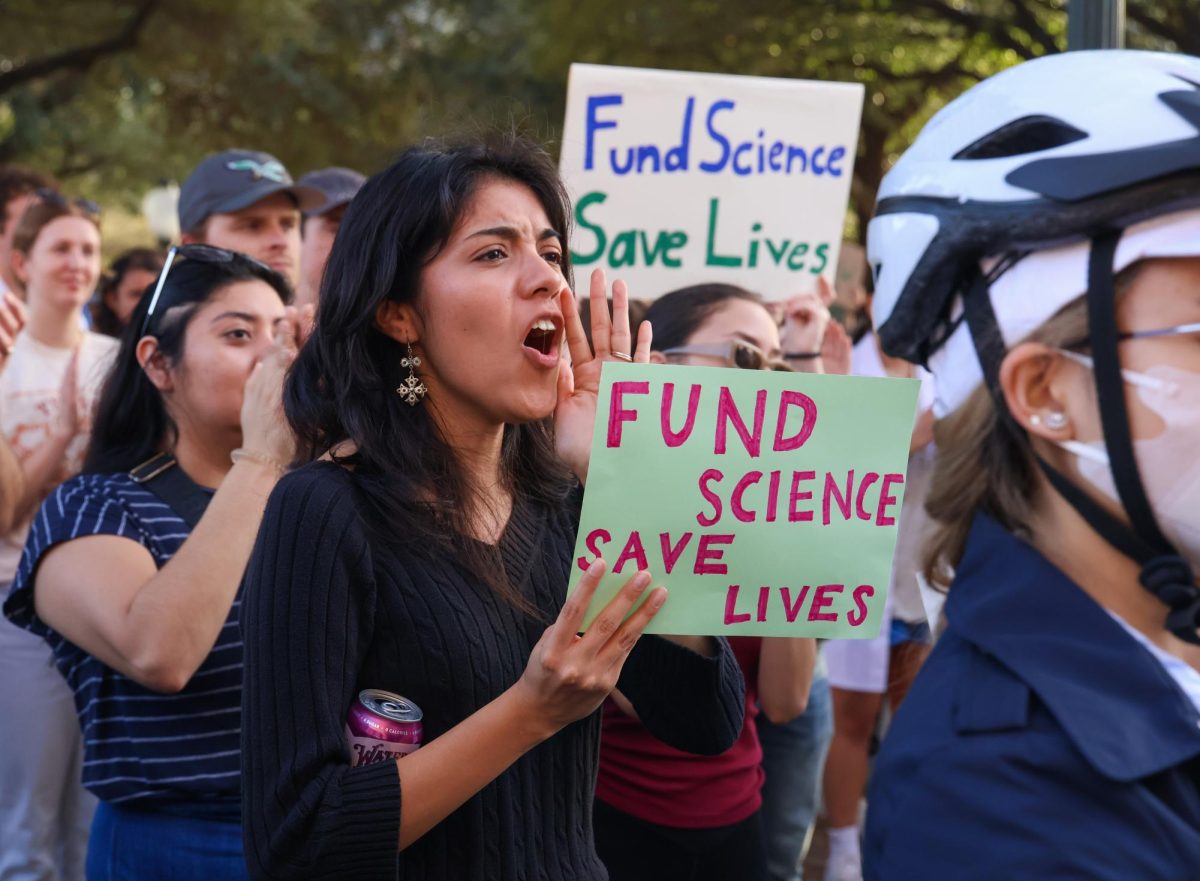General Appropriations Bill
One of the key general appropriation bills passed the House and Senate and awaits Gov. Rick Perry’s final approval. Sen. Steve Ogden, R-Bryan, said this bill was necessary to pass to avoid a second special session.
The bill was passed without the amendment by Rep. Donna Howard, D-Austin, which would have used $2 billion from the Rainy Day Fund.
Sen. Wendy Davis, D-Fort Worth, confronted Ogden about why the amendment was left off the final budget, and Ogden said many of the House members who were initially for the bill decided they were against it.
Ogden told Davis he wanted the amendment in the bill with some compromise, but the House wanted it gone all together.
He said the bill will properly balance the next biennium’s budget if SB1 also passes.
Medicaid Efficiency Bill
The House and Senate passed the conference committee report for the Medicaid Efficiency Bill with votes along party lines. The bill has been one of the biggest legislative initiatives passed during the special session, but legislators are scrambling to avoid a second 30-day special session with only two days left.
The legislation aims to save more than $468 million from the next biennium’s budget by making Medicaid more cost-effective and expanding Medicaid managed care. It is an omnibus health care bill and includes controversial abortion amendments that cut funding for Planned Parenthood.
Sen. Jane Nelson, R-Grapevine, authored the bill and said the legislation reflects years of hard work and deliberation.
The bill also includes interstate health care compact amendments, which allows the state to treat Medicaid and Medicare as a federal block grant.
“Our Medicaid costs are unsustainable and this legislation is critically needed to make our health and human services operate more efficiently on behalf of those who depend on state services and those whose tax dollars support the services,” Nelson said in a press release.
Homeland Security Legislation
Legislation authored by Sen. Eddie Lucio, D-Brownsville, passed the Senate allowing the Texas Department of Public Safety to operate vehicle checkpoints near the Mexican border to prevent criminal offenses and illegal immigration.
The bill passed the Senate unanimously during the regular session, but died when it went back to the House for consideration because of time.
Lt. Gov. David Dewhurst said it was good legislation, and Sen. Jose Rodriguez, D-El Paso, said it will help address the state’s difficult homeland security issues.
TSA Anti-Groping Bill
The Senate passed the committee substitute to the controversial Transportation Security Administration Anti-Groping bill, and the House gave preliminary approval with a vocal vote. The bill will criminalize intentional, inappropriate touching by an airport security screener. Protestors filled the Capitol’s rotunda and the Senate’s gallery shouting “treason” and “Down with tyranny, up with liberty,” to demonstrate their disapproval.
Rep. David Simpson, R-Longview, said the new version of the bill allows TSA workers to continue with pat-downs while avoiding prosecution unless they intentionally touch someone inappropriately.
“After consulting with the Texas Attorney General…and making substantial revisions to the bill, I am satisfied with the House’s efforts to pass legislation that lets Texans travel safely, protecting the privacy of citizens, and enables law enforcement do its job,” said Speaker Joe Straus in a press release.
Sen. Dan Patrick, R-Houston, said that despite the bill being weakened from its original form, the bill still tells TSA workers to keep their wandering hands off Texans.
“We want our airports safe, but we want our liberties protected too,” Patrick said.
The chambers have full itineraries for the next couple of days, with TSA anti-groping legislation up for a final vote in the House, as well as sanctuary cities legislation and the remaining general appropriations bills on the agenda.




















